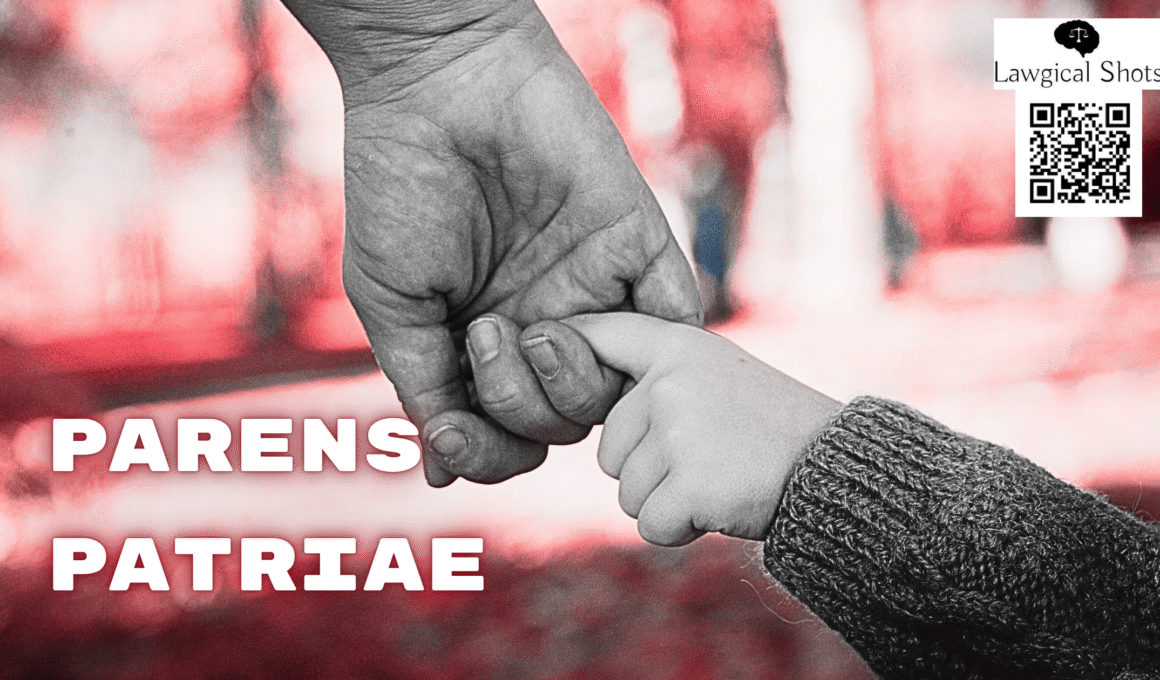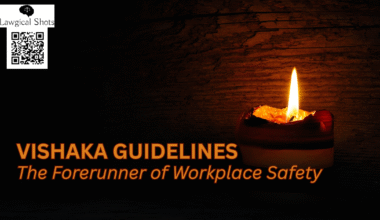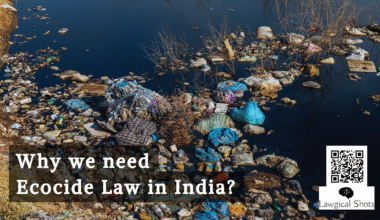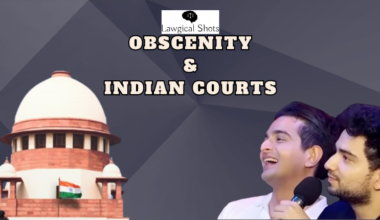In this plot of Ramayana, Luv-Kush had their arrows targeted at Lord Rama who just happened to enter the war land after so many stalwarts were defeated or caught by little ones. The storyline portrayed that neither Luv Kush nor Lord Rama or anyone else was aware of the blood relation of father and sons. At such a crucial point, before either party could attack the other, Rishi Valmiki enter the scene to prevent Luv Kush from fighting with Lord Rama. His reasoning was that Lord Rama was the King and they were citizens of Ayodhya. That Lord Rama being the king was in the position of a guardian, a parent. That’s what the doctrine of parens patriae lays.
Apart from parents, the Government, the Courts can play a special role apart from making laws and handling disputes. As we can see through the example of Ramayana that the concept is not foreign, but deeply engraved in India’s history. Let’s dive deeper into the principle to understand what it is all about and who all get benefited.
Parens Patriae Meaning
To break the terms, “parens” is synonymous to “parents” and “patria” in Latin means “parent” in English. Parens Patriae is a Latin term which literally means “parent of the country”. In law, the doctrine of Parens Patriae extends the inherent power and authority upon the State or Courts to act as a guardian for those unable to protect themselves.
Who acts as parens patriae?
The doctrine of Parens Patriae bestows upon the State or the Courts a parental or protective role. It can be those acting on behalf of the State or Central Government acting in a protective role towards its citizens. It can also be Courts protecting litigants, or take suo motu action when families are not in a position to provide care and protection. The protection is comparable to that of protective role played by a father for his children.
Who benefits from Parens Patriae?
The principle of parens patriae particularly aims to benefit those who cannot protect themselves. The subjects of protection can be children, persons with disabilities, persons of unsound mind or those with mental incapacities, or anyone vulnerable otherwise. The State or Courts may undertake to act as a guardian for them and intervene where there is any kind of abuse, neglect or need for safeguarding public interest.
The kind of protection may also differ. In some cases, it could be legal support for representation before the Court. In other cases, it may be protective oversight of minors, their assets, rehabilitation support, or some kind of special protection.
Doctrine of Parens Patriae in Juvenile Justice
Before understanding the role of principle of parens patriae in juvenile justice, it is crucial to have clarity on the latter. Juvenile justice can be understood as justice for the juvenile – someone who is under the age of 18 years, a minor. There are two categories of stakeholders under Juvenile Justice in India – A child in conflict with law, and A child in need of care and protection. The first category constitutes those accused of committing an offence, and the other one constitutes victims of abuse, neglect or other adverse circumstances.
Now let’s come back to the connection between juvenile justice and doctrine of parens patriae. The State assumes a parental role for children who are orphans, abandoned, or whose parents are unwilling or incapable of providing care and protection for their own children. The concept of special laws and establishment of Juvenile Courts keeping up with the special cases of delinquent youth reflects upon the State’s duty as parens patriae in juvenile justice.
Parens Patriae under Indian Constitution
In India, there is no separate law which addresses or lays about the doctrine of Parens Patriae. However, there are indirect sources which lay the foundation of the principle of parenting by the State and Courts. First of all, there is Preamble to the Constitution of India which entrusts social justice upon the State. Justice in a society is beyond imagination if those who are vulnerable are left out to be on their own with no one to protect.
Articles 39 (e) and (f) holds the State responsible for ensuring healthy development of children, right to freedom and dignity, protection against exploitation, abandonment or abuse. With this, the doctrine of parens patriae is loud and clear where the State is dutiful to protect children.
Parens Patriae Case Laws/Examples
Shafin Jahan v. Asokan KM (2018)
This case is more popular as “Hadiya Case”. The Supreme Court was dealing with an appeal against the decision of the Kerala High Court. The original matter sprouted through a habeas corpus writ for a girl who had attained the age of majority and married someone of her choice. The High Court declared their marriage as void, daughter to be escorted to her father’s house and directed an investigation.
The Apex Court did not concur with the High Court and threw some light upon the scope of parens patriae jurisdiction. The Court expressed that “The superior courts, when they exercise their jurisdiction parens patriae do so in the case of persons who are incapable of asserting a free will such as minors or persons of unsound mind. The exercise of that jurisdiction should not transgress into the area of determining the suitability of partners to a marital tie. That decision rests exclusively with the individuals themselves. Neither the state nor society can intrude into that domain.”
ABC v. State (NCT of Delhi) (2015)
The Supreme Court in this case assumed its parens patriae jurisdiction in yet another custody matter. The Court expounded its own role by saying – “A child, as has been ubiquitously articulated in different legal forums, is not a chattel or a ball to be shuttled or shunted from one parent to the other. The Court exercises paren patriae jurisdiction in custody or guardianship wrangles; it steps in to secure the welfare of the hapless child of two adults whose personal differences and animosity has taken precedence over the future of their child.”
Suchita Srivastava v. Chandigarh Administration (2009)
In this case, the Apex Court discussed in detail the extent of parens patriae jurisdiction for abortion of a mentally retarded pregnant woman. The Court held that no entity could speak on behalf of a pregnant person encroaching her consent.
Gaurav Nagpal v. Sumedha Nagpal (2008)
This one was a battle of custody of an infant fought by his own parents. Since custody matters are all about welfare of the child, the Supreme Court discussed the aspect of special statutes. It expressed that “Though the provisions of the special statutes which govern the rights of the parents or guardians may be taken into consideration, there is nothing which can stand in the way of the Court exercising its parens patriae jurisdiction arising in such cases.” Therefore, doctrine of parens patriae led the way for deciding custody of a child.
Conclusion
In India, the doctrine of parens patriae has reigned since ages. In the present era, the Courts are often seen upholding individual rights by exercising parens patriae jurisdiction. Even under the garb of being the protector, the State puts forward the essence of the Constitution of India.








